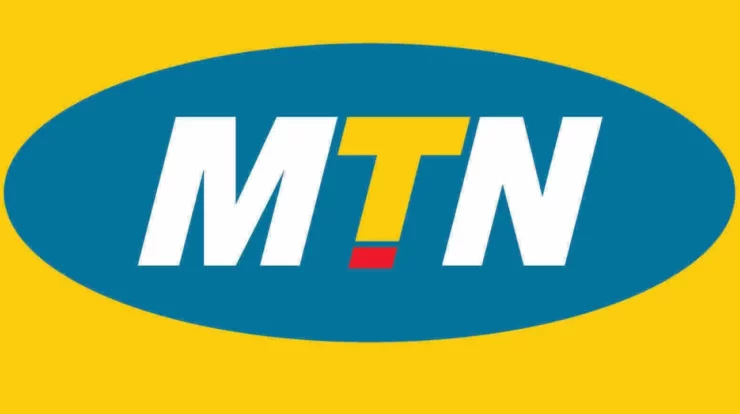
So what are the biggest mistakes one should avoid while making or buying a domain? Do you remember those days when you had just started your business, or even if you’re an experienced entrepreneur and your website isn’t on top of the rankings? The answer is obvious.
You’ll need a good domain name that’s easy to remember and find. And it’s not just what anyone might do, but what will save you from serious problems such as huge fees. Here are six of the biggest mistakes to avoid while creating or buying a domain:
Using Numbers
Most people need help remembering numbers. Therefore, it’s good to avoid numbers as much as possible. However, you may lose traffic to your site since people need to remember what they should type. Additionally, they may see errors in their browser and resort to other sites with similar domains.
You can only use numbers when they are part of the brand. Number domains are rarely used by English speakers due to the difficulty in memorizing numbers. Interestingly, the Chinese find it easy to memorize numbers than letters and so number domains are popular in China.
Settling for The First Option
The domain name decision is very vital, not only for the inception stage but also as your business matures. Don’t look for a domain that may make you regret it in the future. After visiting a name generator site such as Namify and choosing a domain name of your liking, you should only settle for the best. More appealing domain name recommendations are available on the site, and you should choose one that represents you, your brand, your demographic, and market trends. Remember, the future starts today, not tomorrow. Think Big.
Not Checking Trademarks
When searching for a domain name, it’s vital to check for trademarks. Why should you do this? Getting a domain name that clashes or conflicts with a brand can lead to dire consequences. ICANN-accredited companies follow ICANN’s Uniform Domain Name Dispute Resolution Policy(UDRP). When registering a domain, you accept the policy as part of the registrar’s agreement.
If your domain conflicts with a trademark, you may be sued or have your domain taken away. Therefore, do extensive research on the choice of the domain you take.
An example of a clash is between tesla.com and tesla incorporation. Tesla Motors, Inc. paid $11 million in 2016 for the name Tesla.com, which Stu Grossman developed in 1992. Regardless of the potential trademark conflict, the company could not file a complaint because the domain existed before the company’s establishment.
If you register an already taken domain, the domain owner will have the right to transfer the domain. Therefore, it is necessary to register from a safe source such as Namify and be ready to use the domain you purchased. If you check out several providers before buying an address, ensure that the registration duration meets your project’s goals.
Homophones
Homophones are terms that have the same pronunciation but different meanings. Such terms include cite/site wall/waul. Instead, you can use direct words to make sure your visitors understand. Consequently, you can also register two domain names and redirect one to the other.
It’s also imperative to avoid using slanderous domain names. Check your capitalization and avoid meaning a different word and thus misunderstandings. For example, Itscrap.com instead of (IT Scrap.com) or TheRapistFinder.com instead of (TherapistFinder.com.)
Hard-to-spell Words
When setting up your domain name, you should ensure it passes the radio test. The radio test mainly asks if someone can spell the domain name without straining it. You can call a couple of friends and ask them to pronounce the name. However, if they stutter, it is advisable to change the name. Domain names such as sygzy.com are difficult to spell
Long Domains
Long domains take time to remember, and visitors may need help reading them. Instead, the domains contain long sentences without any capitalization or spaces. They are unprofessional to business cards and work profiles.
Conclusion
Domain management is about knowing the game’s rules to guard against scrupulous characters. By avoiding these critical mistakes, you can be sure your business stays safe and secure even as your business grows.






